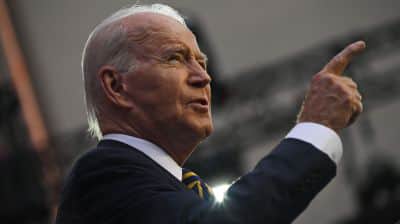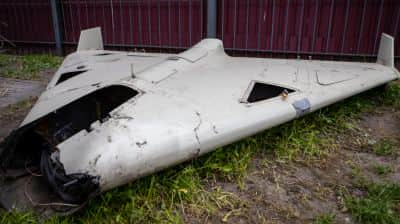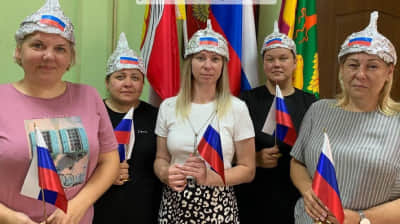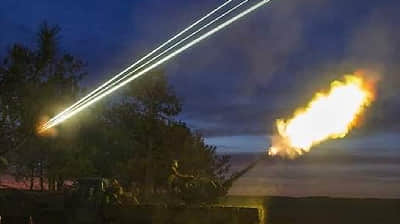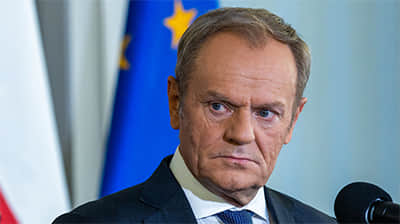EU develops mechanism for transferring Russia's frozen assets to Ukraine
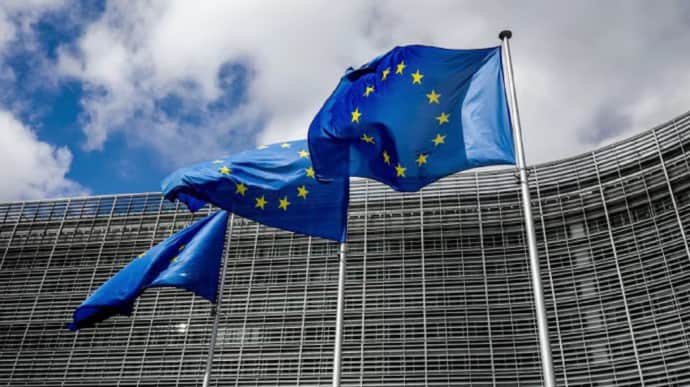
The European Union has prepared proposals under which Ukraine could start receiving income from frozen Russian assets as early as July.
Source: Bloomberg with reference to draft documents and sources
Details: Bloomberg noted that the proposals included a tax on profits from frozen reserves to use about €3 billion a year to finance arms supplies to Ukraine and develop its defence industry.
Bloomberg reiterated that about €260 billion of the Russian Central Bank's assets, mostly in the form of securities and cash, have been frozen by the G7 countries, the EU and Australia, with more than two-thirds of them blocked directly within the EU.
The article also points out that funding has become especially important as Ukraine is facing a shortage of artillery and about US$60 billion in US aid remains blocked by Congress.
The Biden administration is pushing for G7 allies to unlock frozen assets and wants to see progress before the leaders' summit in June. But some European countries, including Germany and France, as well as the European Central Bank, are reluctant to do so.
Under the EU's proposals, a yet-to-be-determined share of the revenues generated since 15 February would be transferred to the EU twice a year until sanctions are lifted. Initially, the funds will be allocated to the European Peace Facility and the Ukraine fund in the EU budget.
A portion of the profits will remain in central depositories, which will keep reserves to cover asset management costs and any risks.
The proposals will be discussed by EU leaders when they meet in Brussels later this week.
Polish Foreign Minister Radosław Sikorski told journalists after a meeting with his EU counterparts in Brussels on Monday that they had made a "political decision, although not a legal one" to take advantage of these profits.
Josep Borrell, the EU’s foreign affairs chief, told reporters: "I cannot say there was unanimity, but a strong consensus to take this decision."
However, some people familiar with the matter said that some member states were reluctant to support the use of frozen funds to provide military support to Ukraine, which could delay progress on this issue.
Background:
- EU foreign ministers reached a political agreement on a plan to use Russian assets to support Ukraine.
- On 12 February, the Council of the European Union adopted a decision that brings closer the creation of a mechanism to use the excess profits of frozen Russian assets in the EU for the benefit of Ukraine.
Support UP or become our patron!
